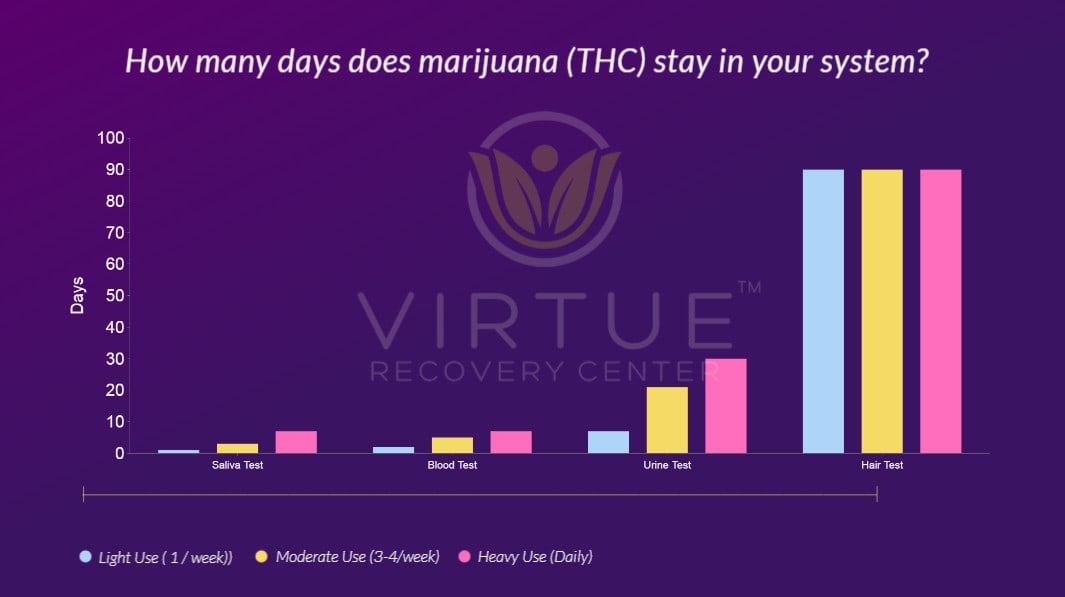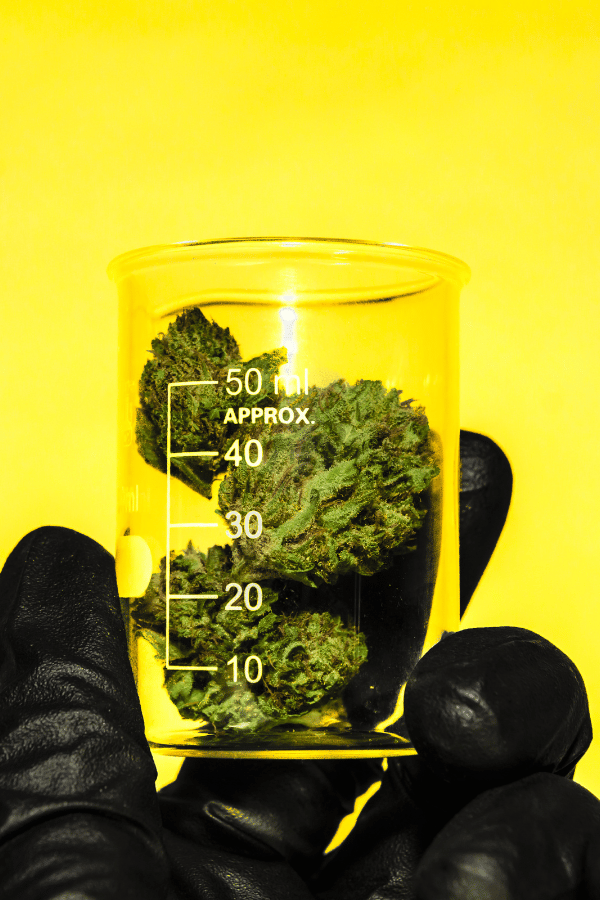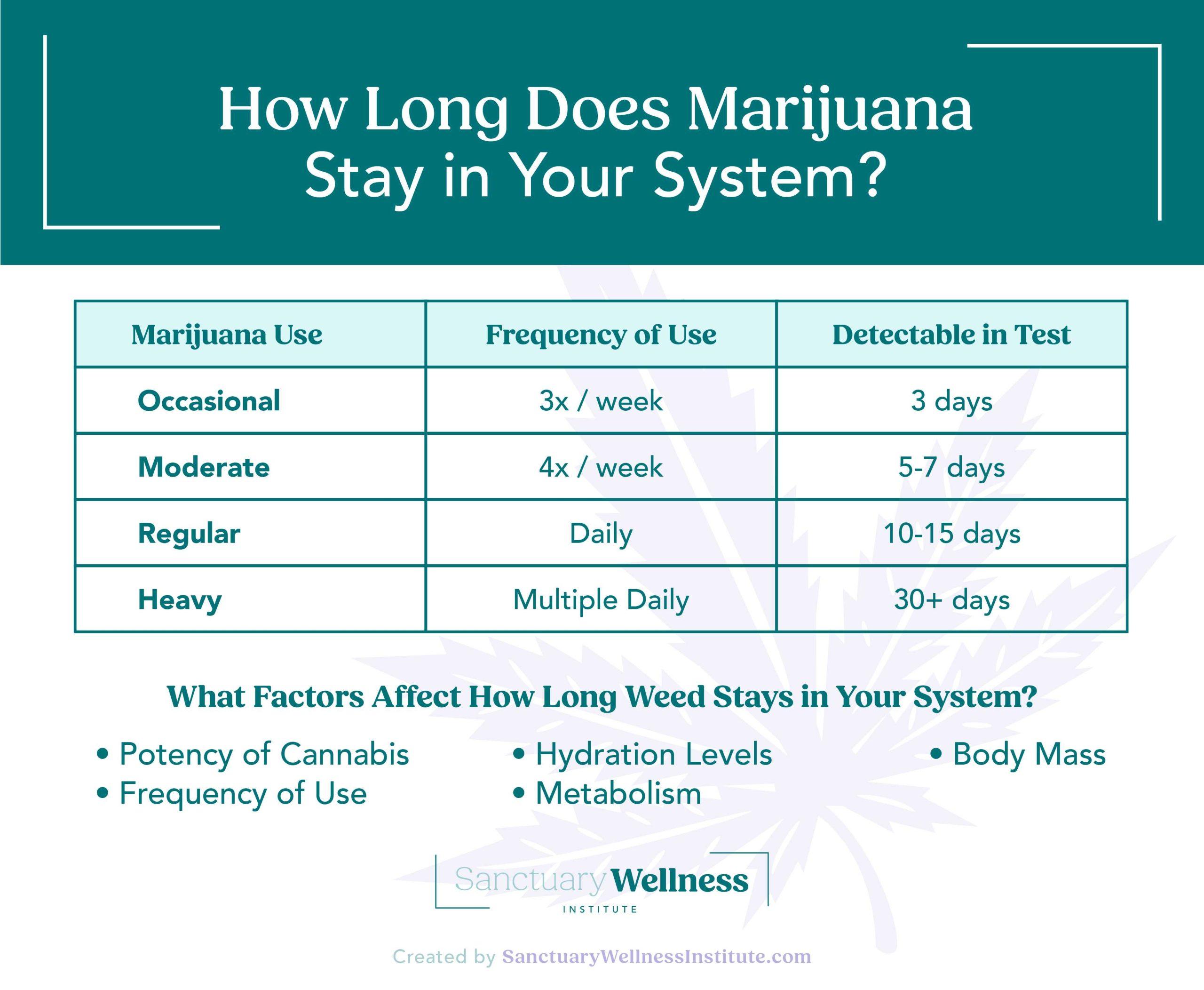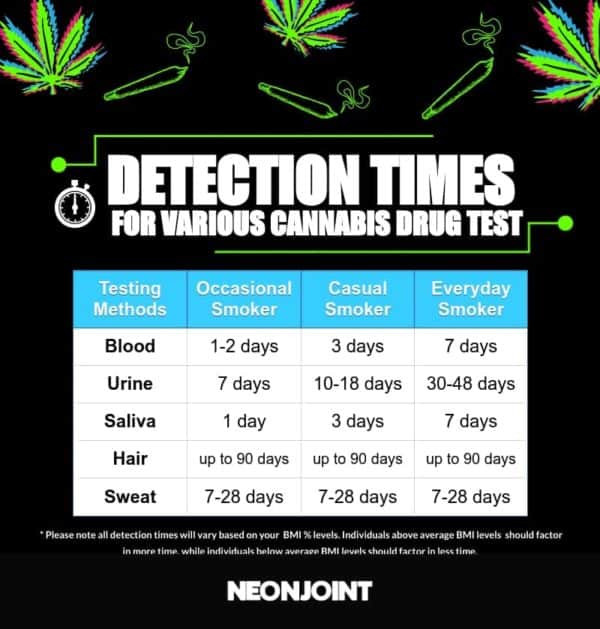How Long Does A Weed Pen Last In Your System
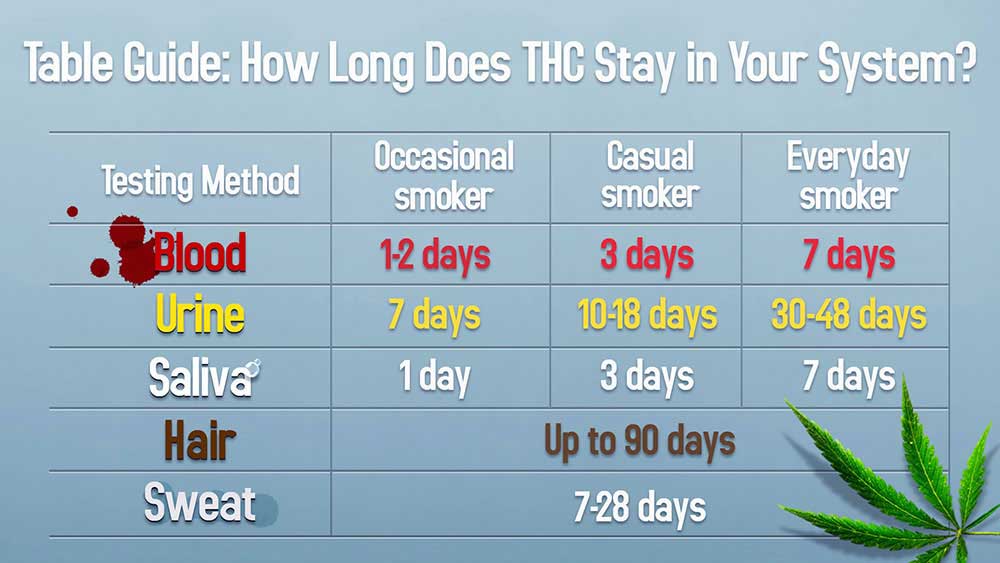
Imagine this: the aroma of pine and citrus hangs in the air, a wisp of vapor dances in the soft light of your living room. You take a gentle inhale from your weed pen, a sense of calm washes over you. But then a question pops into your head, lingering like the aftertaste of your favorite strain: "How long is this staying in my system?"
Understanding how long a weed pen's effects, specifically the presence of THC, linger in your body is crucial for making informed decisions about usage. It's a complex topic, influenced by various individual factors and the type of testing used. This article aims to provide a comprehensive, accessible overview of what to expect and what influences the duration of THC detectability.
The Science Behind THC and its Detection
To understand how long a weed pen stays in your system, we first need to understand how THC, the primary psychoactive compound in cannabis, is processed.
When you inhale vapor from a weed pen, THC enters your bloodstream rapidly and is distributed throughout the body. Then the metabolism process breaks it down into various metabolites, some of which are stored in body fat.
These metabolites, particularly THC-COOH, are what drug tests typically look for.
Factors Influencing Detection Time
The duration THC remains detectable in your system varies significantly from person to person.
Several factors play a crucial role in determining this timeframe.
Frequency of Use
This is perhaps the most significant factor. Infrequent users will clear THC from their system much faster than chronic, heavy users.
The more frequently you use a weed pen, the more THC and its metabolites accumulate in your body, prolonging the detection window.
Metabolism
Your metabolic rate plays a crucial role in how quickly your body processes and eliminates THC.
Individuals with faster metabolisms will generally clear THC more quickly.
Factors like age, genetics, and physical activity levels can all influence your metabolism.
Body Fat Percentage
THC is fat-soluble, meaning it tends to accumulate in fatty tissues. Individuals with higher body fat percentages may store THC metabolites for longer periods.
As the body slowly burns fat, it releases THC metabolites, which will then be detectable for an extended period.
Potency of the Weed Pen
The concentration of THC in the weed pen is a key determinant.
Higher potency pens will introduce more THC into your system, which will lengthen the elimination process.
Hydration and Diet
Adequate hydration and a healthy diet can support your body's natural detoxification processes.
While they won't drastically alter detection times, they can contribute to overall metabolic efficiency. Staying properly hydrated helps the kidneys to filter waste products.
Detection Windows by Testing Method
The method of testing used also significantly impacts the detection window.
Different tests have varying sensitivities and target different metabolites.
Urine Tests
Urine tests are the most common method for drug screening.
For infrequent users, THC may be detectable for up to 3 days, while moderate users might test positive for 5-7 days. Heavy users could test positive for up to 30 days or even longer in some cases.
Blood Tests
Blood tests have a relatively short detection window, typically 1-2 days.
They are primarily used to detect recent THC use, as THC leaves the bloodstream quickly.
Saliva Tests
Saliva tests have a detection window similar to blood tests, typically 1-3 days.
These tests are often used for roadside drug testing or in situations where recent use is suspected.
Hair Follicle Tests
Hair follicle tests have the longest detection window, potentially detecting THC use for up to 90 days.
However, hair tests are less common due to their higher cost and the fact that they can sometimes produce false positives.
Debunking Myths and Misconceptions
There are many myths and misconceptions surrounding THC detection times.
It's important to separate fact from fiction.
Myth: You can quickly flush THC out of your system.
While hydration and diet can help, there's no magic bullet for rapidly eliminating THC.
THC is stored in fat, and it takes time for your body to metabolize and eliminate it.
Drinking excessive amounts of water might dilute your urine, but it can also be detected as an attempt to tamper with the test.
Myth: Secondhand smoke will cause you to fail a drug test.
While it's possible to test positive after significant exposure to secondhand smoke, the levels are typically very low and unlikely to trigger a positive result, especially for urine tests.
The exposure needs to be in a very confined space with continuous contact.
Myth: All drug tests are the same.
As mentioned earlier, different tests have varying sensitivities and detection windows. The type of test used can significantly impact the results.
Practical Advice and Considerations
If you are concerned about THC detection, the safest approach is to abstain from using weed pens for a period of time before any potential drug test.
The length of abstinence depends on your frequency of use, metabolism, and the type of test being administered.
Communicate openly with employers or other relevant parties about medical cannabis use, where applicable and legally permissible.
Understanding the science of THC detection empowers you to make informed decisions about your usage habits. It's not about judgment, but rather about having the knowledge to navigate a complex landscape.
The journey of understanding how substances interact with our bodies is a continuous one. Stay curious, stay informed, and prioritize your well-being.





